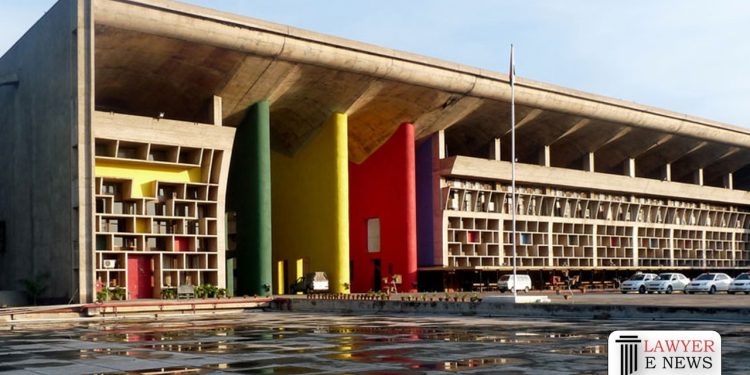Punjab and Haryana High Court Rejects Defamation Suit for Lack of Cause of Action

Date: April 18, 2023
In a recent judgment, the Punjab and Haryana High Court dismissed a defamation suit for failure to disclose a cause of action. The case, Bishambar Dayal Kaushik v. Gurmeet Singh, involved a revision petition challenging the Trial Court’s order rejecting the defendant-petitioner’s application under Order 7 Rule 11 of the Code of Civil Procedure, 1908.
The plaintiff-respondent had filed the suit seeking damages for defamation and false complaints made by the defendant-petitioner before various authorities. However, the defendant-petitioner argued that the plaint did not specify the defamatory statements or provide details of the alleged complaints. They contended that statements made before a court or quasi-judicial authority are absolutely privileged and cannot be the basis for a defamation claim.
After examining the plaint, the High Court found that it failed to disclose the cause of action for defamation. The Court noted that the plaint did not mention specific defamatory statements or provide details of the authorities where such statements were allegedly made. Simply alleging the existence of defamatory statements without providing specific details was deemed insufficient to establish a cause of action.
The Court referred to the principle of judicial privilege and cited the judgment in Brig. B.C. Rana (Retd.) v. Ms. Seema Katoch & Ors., which stated that statements made in affidavits before a quasi-judicial authority are absolutely privileged and cannot form the basis of a defamatory action.
Consequently, the High Court allowed the revision petition and rejected the plaint, holding that it lacked a cause of action and was barred by law. The Court emphasized the importance of specificity in defamation claims, highlighting the need for specific details of defamatory statements and alleged complaints to substantiate the cause of action.
This judgment serves as a reminder to plaintiffs in defamation cases to provide clear and specific particulars when filing a plaint. Mere allegations of defamatory statements without specific details may not be sufficient to proceed with a civil suit for defamation.
Decided on: 18.04.2023
Bishambar Dayal Kaushik vs Gurmeet Singh





